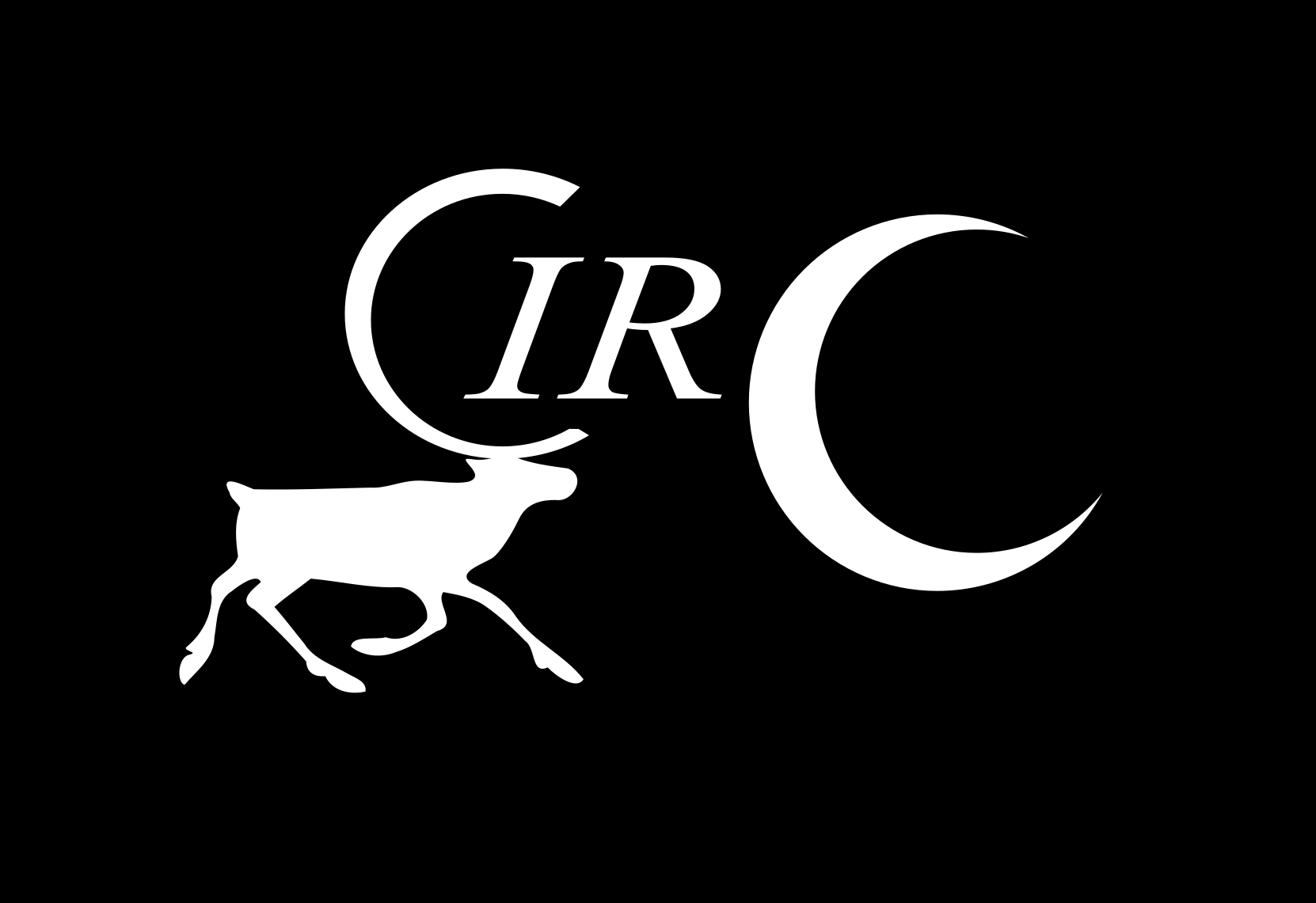Effects of reindeer on plant and soil nutrient stoichiometry in Arctic tundra
Project Summary
Herbivores directly and indirectly influence the structure and function of ecosystems throughout the world. Present conceptual models predict that herbivores have a positive effect on nutrient availability and primary productivity in nutrient rich environments and a negative one in nutrient poor environments. However, a recent meta-analysis did not support a positive relationship between plant nutrient availability and the effect of herbivores on nitrogen cycling in several grassland ecosystems. The reason for the shortcoming of present theories could be that they fail to incorporate the complex interactions regulating the release of nutrients from the soil organic matter by microbial decomposers.
In order to assess this shortcoming, a new stoichiometric explicit model of the nutrition of herbivores, plants and microbes was designed. In contrast to previous models, it includes delayed composition and stoichiometric constraints on decomposers similar to what we find in terrestrial ecosystems.
This project will focus on 1) testing predictions of the model in a reindeer-dominated tundra ecosystem and 2) further developing the model by adding key processes that operate in northern ecosystems (e.g. uptake of organic nutrients by plants, herbivore-mediated changes in plant community composition).
Collaborators
Johan Olofsson, Umeå University
Mehdi Cherif, Umeå University
Funding
The Kempe Foundation




